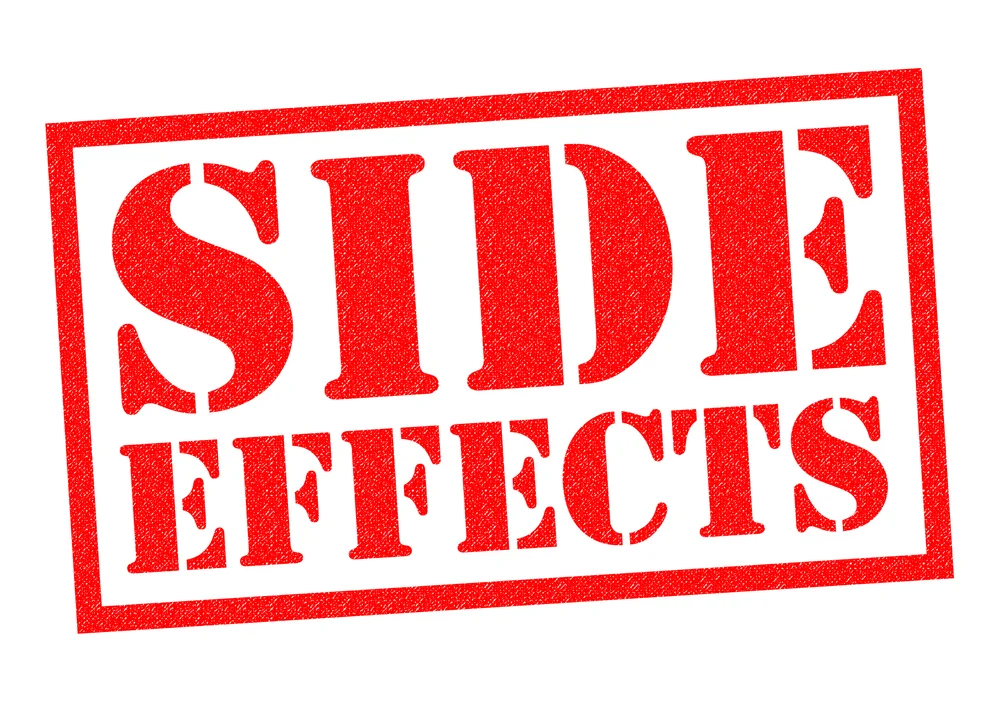Should You Limit Your Cups of Coffee?
It's true that many of today's physicians, including GI doctors in OKC, discourage their patients from excessive coffee consumption. Is it a caffeine problem? Is decaffeinated coffee safer? Can this daily cup of coffee affect your digestion?
Effects of Coffee Consumption
Coffee has an impact on your body, whether caffeinated or decaffeinated. Some effects are subtle; others are not so subtle: acidity can affect the lining of your belly and intestines as a result of coffee. You may have a deterioration in some existing conditions if you are drinking much coffee for an extended period. The symptoms of gastritis and reflux often can get worse.
Coffee can also boost your intestinal movement. This may cause movement of the bowel. Coffee can undoubtedly get your bowels moving, and it can help to plan your morning better. To go to the bathroom a few times a day is perfectly healthy, so it can help maintain the regular bowel movements.
Side-effects of Coffee
Caffeine may act as a diuretic and increase urine, which could lead to dehydration and possible constipation.
Drinking coffee will undoubtedly have an impact on digestion, but these actions can reduce the chances of bowel tips. Therefore, to avoid such problems, it is essential to have adequate water intake.
The production of hormones like adrenaline and noradrenaline give you the feeling of more energy can cause your heart to beat faster. This can reduce the blood circulation to the intestines and slow the digestion process.
Heartburn and indigestion are closely related. Coffee usually does not cause either, but symptoms could worsen. An ulcer often causes indigestion, leaves a painful burning feeling close to your chest. When heartburn is a common occurrence, you might want to cut coffee off from your diet. Caffeine drinks will increase acidity in your stomach. In some cases, the acid can move up to your esophagus if the sphincter is weakened so it causes heartburn.
If you have frequent heartburn and indigestion drink dark-roast coffee, research submitted to the American Chemical Society's 239th National Meeting in 2010, showed that dark coffee contains substances reducing acidity. Too much caffeine may lead to the formation of ulcers and inflammations of the gastric wall, and in patients with Crohn's disease or irritable bowel syndrome, this may be especially serious.
You know coffee energizes you. This stimulant will increase your heart rate and increase the circulation of blood to your kidneys, including blood flow. It is almost as if your kidneys are overdriven, filtering fluids quickly. As a result, the production of urine increases and you will have more liquid waste. Drink plenty of water all day long to compensate for coffee fluid loss, or you might be dehydrated.
GI doctors in OKC can advise you on your coffee consumption. You don't want all these cons gradually harming your body. How many cups of coffee is fine with you? Only a specialist can confirm that assessing your health conditions. For this visit Digestive Disease Specialists, Inc in OKC today.
** Disclaimer: The article above implies no medical advice; it constitutes no terms between patient and doctor.


